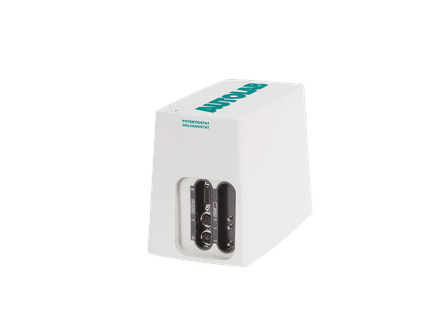To use all functions of this page, please activate cookies in your browser.
my.chemeurope.com
With an accout for my.chemeurope.com you can always see everything at a glance – and you can configure your own website and individual newsletter.
- My watch list
- My saved searches
- My saved topics
- My newsletter
North Korean human experimentationThere have been reports of North Korean human experimentation. These reports show human rights abuses similar to those of Nazi and Japanese human experimentation in World War II. These allegations of human rights abuses are denied by the North Korean government, who claim that all prisoners in North Korea are humanely treated. Product highlight
AllegationsThe human rights charity Christian Solidarity Worldwide details on its website allegations of chemical experiments done to political prisoners, and an apparent eyewitnesses report about seven people who died a slow agonizing death in two gas chambers, including a mother who held her youngest child as she died. 2004 BBC reportA BBC television programme on February 1, 2004, with the title, Access to Evil in the This World series [1], detailed other allegations. In the programme, a former North Korean woman prisoner tells how 50 healthy women prisoners were selected and given poisoned cabbage leaves, which all the women had to eat despite cries of distress from those who had already eaten. All 50 were dead after 20 minutes of vomiting blood and anal bleeding. Refusing to eat would allegedly have meant reprisals against them and their families. Kwon Hyok, a former prison Head of Security at Camp 22, described laboratories equipped respectively for poison gas, suffocation gas and blood experiments, in which 3 or 4 people, normally a family, are the experimental subjects. After undergoing medical checks, the chambers are sealed and poison is injected through a tube, while "scientists" observe from above through glass. In a report reminiscent of the earlier account of a family of seven, Kwon Hyok claims to have watched one family of 2 parents, a son and a daughter die from suffocating gas, with the parents trying to save the children using mouth-to-mouth resuscitation for as long as they had the strength. An interview with Kim Sang Hun, described as a distinguished human rights activist, was also broadcast. Kim Sang Hun showed documents that he says were brought from Camp 22 by an escapee and which he is sure are not forgeries. These documents each say that a certain prisoner is to be transferred for experimentation with chemical weapons. A London based expert on Korea also considers it likely that the documents are genuine and Kwon Hyok stated independently that such documents were used at Camp 22. North Korea refuses access by any outside observers to Camp 22. Other reportsLee Soon Ok, is another North Korean defector, and one of the few to have escaped from life imprisonment in an "Absolute Control Area" through China to South Korea. In her original defectors testimony, her US Senate testimony [2] and her prison memoir Eyes of the Tailless Animals (ISBN 0-88264-335-5) she recounted witnessing two instances of lethal human experimentation. Allegedly, her account is backed by satellite photographs, but how such events - which, most likely, were located indoors, and regardless would be difficult to resolve under satellite imagery - were seen has not been disclosed. In 2004, a scientist from North Korea came forward with a personal account of events in 1999 that agrees closely with Kwon Hyok's report. His recent statement to a South Korean NGO was covered in an article by Barbara Demick in the Los Angeles Times [3] but was not given much coverage in the South Korean media. RebuttalFour family members of a refugee called Kang Song-guk said, at a press conference in Pyongyang (North Korean Capital) in late March 2004, that they had faked the papers the BBC used as the basis for the human experimentation allegations.[4] The family-members alleged that the documents were forgeries because; some words used in the document are uncommon in the DPRK; the seal is incorrect in some details; and one of the alleged victims' birthplace is listed incorrectly.[5] How the family members of an escaped political prisoner could know about prison camp reporting policy, bureaucratic wording and minor details of governmental seals was left entirely unexplained at the government-controlled and heavily censored "press conference". See also
|
|
| This article is licensed under the GNU Free Documentation License. It uses material from the Wikipedia article "North_Korean_human_experimentation". A list of authors is available in Wikipedia. |







